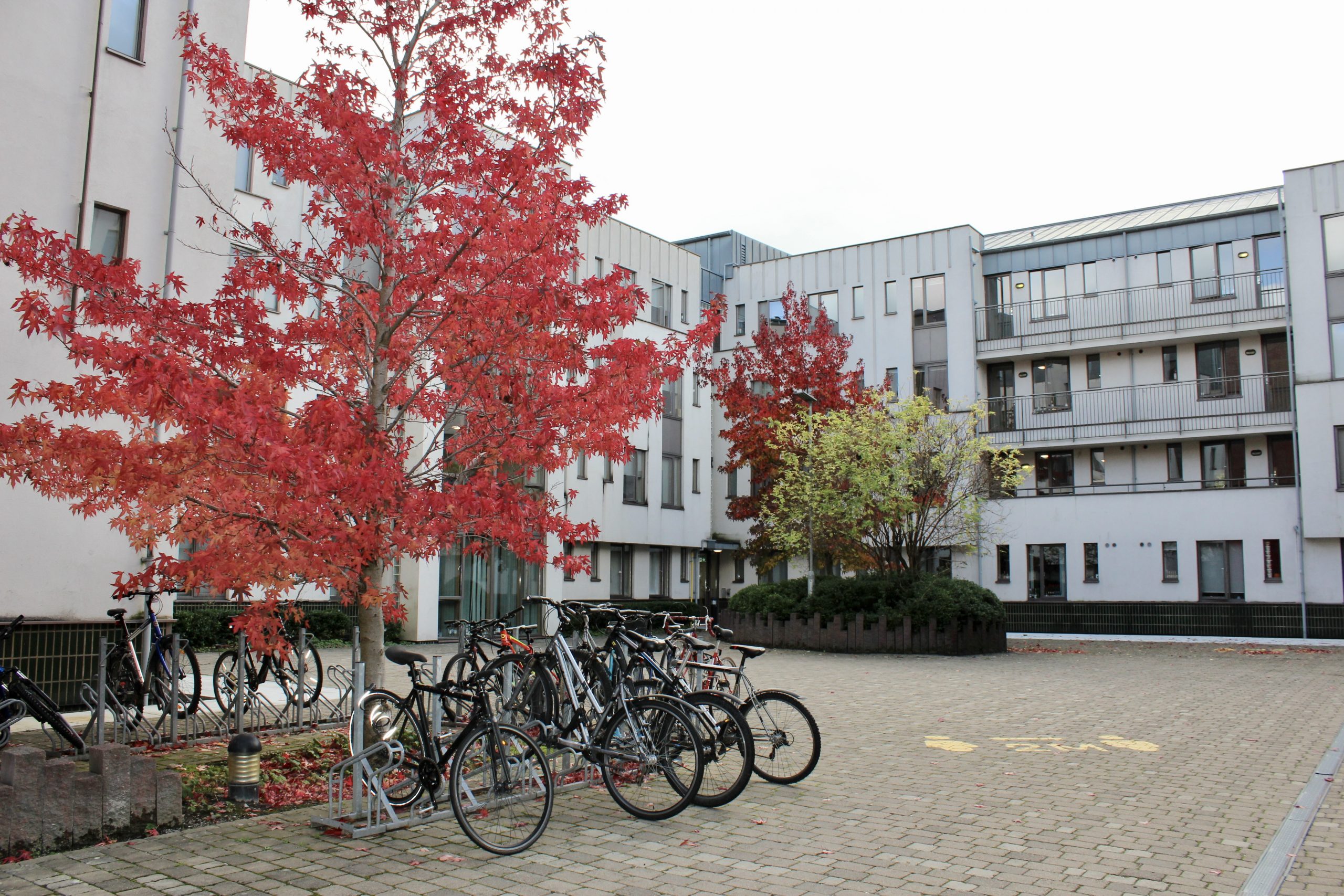Over the past years we have all become familiar with the increasing costs of attending college in Ireland, particularly in Dublin. The estimated price of attending college for those in student accommodation is now €16,538 per year.
With rent being the greatest expense for most students, it is important to know what your rights are as a tenant.
In Ireland there are three primary forms of rented accommodation used by those in third level education. These are Student Specific Accommodation (SSA), private residential tenancies, and digs.
The type of accommodation that you live in has an impact on your rights as a tenant so it is important to be aware of where you stand prior to signing an agreement.
What is Student Specific Accommodation and what are my rights?
Student Specific Accommodation refers to accommodation which has been built and designed for the sole purpose of providing students with a place to stay during the academic year.
This form of accommodation, which includes the likes of Trinity Hall, generally comes at a greater price than digs or private residential tenancies.
In return for higher rents many (but not all) of these complexes offer facilities such as gyms and common areas for socialising. While these facilities are a bonus, it is important for students to consider what they really need, and the price which they are paying for these extras.
SSA legally differs from other rentals in that each room in a unit must be registered. This means that each bedroom in an SSA complex is treated as an individual dwelling.
The advantage of this is that if one of your housemates decides to leave, or fails to pay their rent, this will have no negative impact on you. This is not always the case in other forms of accommodation.
As of The Residential Tenancies (Amendment) Act 2019, all SSA is now under the remit of the Residential Tenancies Board (RTB). This means that those living in SSA are protected by the RTB’s regulations.
Those living in SSA now enjoy improved notice periods in relation to tenancy termination. Similarly to those living in private rental tenancies, those who have been living in SSA for less than 6 months must be given at least 28 days’ notice if their landlord wishes to end the tenancy. Those who have been living in SSA for over 6 months but less than one year must be given 35 days’ notice.
RTB regulations also benefit those living in SSA in that landlords can now only request one month’s rent as a deposit as well as one month’s rent in advance. This means that if you are living in SSA you may now only be asked for a maximum of two months’ rent in advance.
Private residential tenancies, a more affordable option?
Private residential tenancies are the most common option for renting in Ireland. One can think of this choice as the standard rental in which you may or may not be living with other students.
This option, if shared with other tenants, is often a more affordable choice. In 2023 Zurich Life Assurance estimated that the cost for a student living in this form of accommodation comes to an average of €5,179 per annum. This is compared with the €10,077 which the firm estimates to be the cost of SSA.
Similarly to SSA, private residential tenancies fall under the remit of the RTB. This means that tenants have increased rights in relation to accommodation standards, the termination of tenancies and the payment of deposits.
One must be aware, however, that this form of tenancy may be shared between multiple people. This can result in increased rents if a person with which you share a tenancy decides to leave. While not all private rental tenancies charge for the property, as opposed to charging each individual, it is important to be aware of this prior to signing your lease.
Digs
Digs refers to when you rent a room from the house in which your landlord lives.
This can be a great option for many students and offers competitive rates depending on whether you are permitted to stay during the weekends, and whether your host is providing meals for you.
While digs can be a good choice for those on a budget, one should be aware of the negative aspects of this kind of agreement.
Digs are not under the remit of the RTB and thus those who live in this form of accommodation have far fewer rights. This also means that the RTB may not become involved in disputes between you and your landlord. While the previous forms of accommodation must meet minimum physical standards, this is not the case with digs.
It is also notable that restrictions on rent increases and the Equal Status Acts 2000-2015 do not apply here. This means that your rent can be increased regularly and you are not protected against discrimination based on the likes of race and sexual orientation. Those living in this form of accommodation are also at a disadvantage if their landlord decides to evict them, as this can happen at any time with minimal notice.
While these risks certainly deserve your attention, digs can be a good choice if you can find a landlord who you trust.






